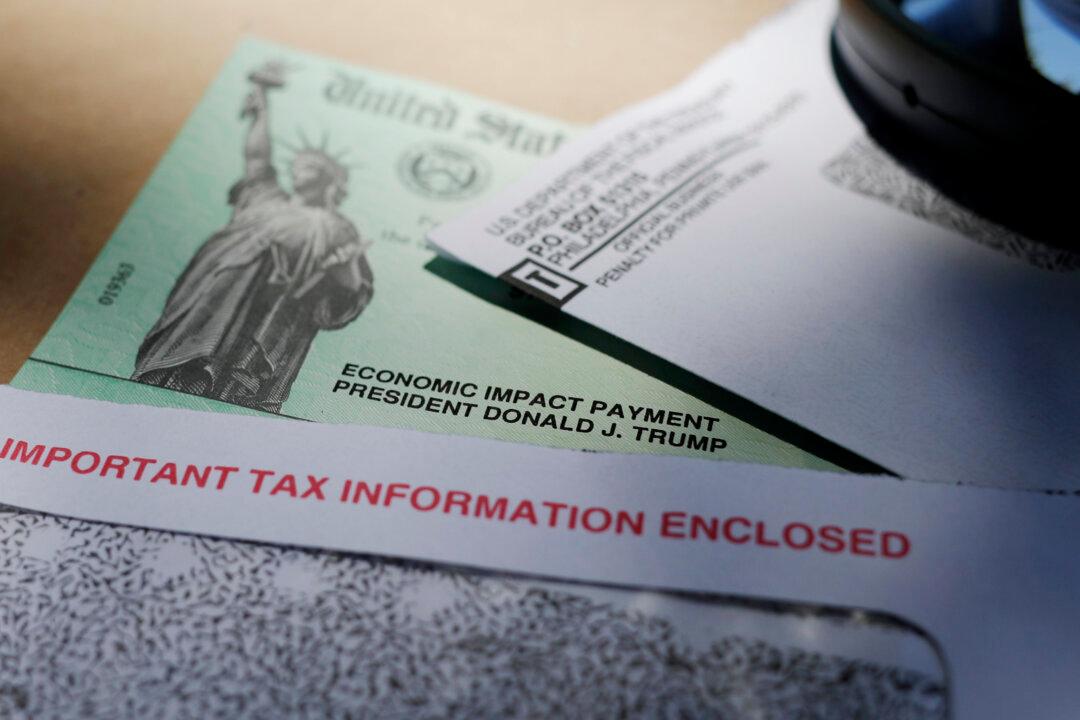The U.S. Treasury Department responded to social media posts claiming that new stimulus payments will be issued that include a VoiceOver mimicking the voice of President Joe Biden.
The record is included in a video posted on social media that says: “THE FEDERAL GOVERNMENT JUST APPROVED THE NEW STIMULUS, $6,400 for 97% of Americans (sic). Seeking financial support for daily needs like groceries, gas, and rent? This government subsidy program offers eligible Americans $6400 as a subsidy with a $0 health plan.”





